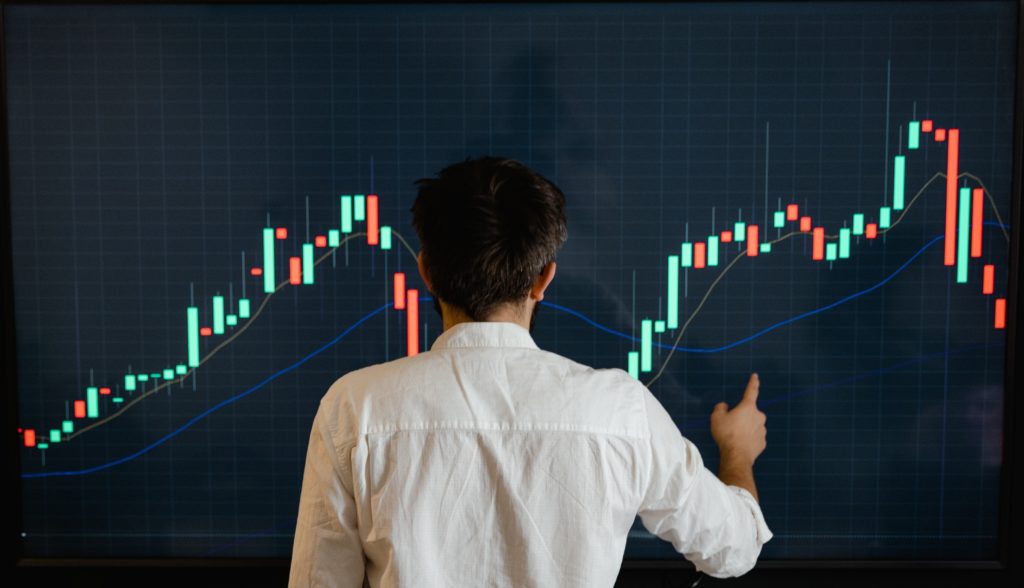
In today’s big data world, insights produce actionable results. But with big data comes the need for a greater understanding of the tools required to glean as much information as possible.
People who perform functions such as data analytics and data science help companies organize massive amounts of data and develop results-driven actions for the next steps. To help you optimize your data, let’s break down both categories, examining their differences and discovering how each provides value to business.
What Is Data Analytics?
Data analytics focuses on viewing the historical data. Analysts use datasets to learn information in specific areas, using specific software. For example, a data analyst may need to find out why a marketing campaign did well only in one region and nowhere else.
Read more: What Is Predictive Analytics?
What Is Data Science?
Data scientists focus on machine learning and predictive modeling. They use scientific methods to learn insights from both structured and unstructured information. Data scientists estimate the unknown by seeking answers to questions, writing algorithms, and building statistical models.
Data scientists can arrange fuzzy sets of data using multiple tools simultaneously, and also develop their own automation systems and frameworks.
Why Do These Topics Get Confused?
Sometimes technical terms get confused because the technology is constantly evolving. While the tasks performed by data analysts and data scientists are related, and some people use the terms interchangeably, they are unique fields that differ in many ways. One of the biggest differences is their scope.
Data scientists focus on the big picture, finding meaningful correlations between large datasets. People who work in data analytics help to uncover the specifics of these extracted insights.
If you think of data science as more of an umbrella term that data analytics sits under, it may help keep the two separated in your mind.
How Are Data Analytics and Data Science Used in Business?
Data Analytics
Data analytics help companies know customers in more depth. Knowing who their audience is allows a business to evaluate things like ad campaigns and personalized copy. As a result, data analytics helps create content strategies and develop products — improving a company’s bottom line by boosting performance.
A data analyst manages structured data, often using SQL queries for such purposes. Most hold at least a bachelor’s degree in data analytics, or have backgrounds in statistics and database administration. If they lack formal education, data analysts can learn the tools they would use in a practical work environment. Some of the skills tools required are statistical analysis, database management and reporting, data analysis, R or SAS, and SQL.
If you’re interested in becoming a data analyst, you should look within these fields:
- Finance
- Health care
- Travel
- Gaming
Data Science
A data scientist helps in summarizing the performance of the company, and the overall health of the product. They’ll analyze the businesses’ health, find problems, and show enterprises how to deal with them. Companies can then predict the success rate of their strategies by using data science.
Data scientists can be data engineers or big data architects. In addition to mathematical and statistical knowledge, hacking skills, and substantive expertise, many data scientists hold a master’s degree in data science.
Some tools and skills that data scientists rely on are machine learning, software development, Java, Hadoop, Python, and data mining/data warehousing. In addition, data scientists responsible for handling unstructured data use NoSQL.
If you’re interested in becoming a data scientist, you may want to seek out:
- Search engine engineering
- Machine learning
- AI
- Corporate analytics
Data Analytics vs Data Science
While data analytics and data science are interconnected, they each play a vital, but different, role in business. When it comes to data analytics vs data science, understanding how to best utilize each of them will help your business analyze trends and develop the correct solutions.
Read next: What Is Vector Similarity Search?